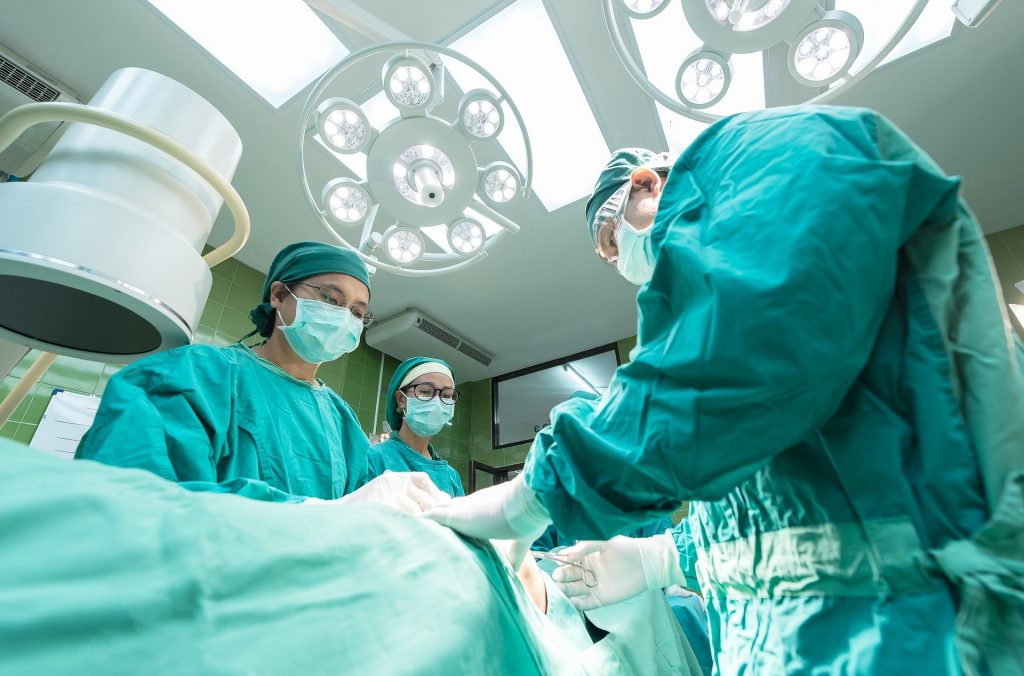Randomized, open-label, multi-site phase II clinical trial in newly diagnosed glioblastoma treated with surgery, concomitant Temoradiation and adjuvant Temozolomide +/- ultrasound-induced blood brain barrier opening
Summary of the study :
Glioblastoma (GBM) is the most common and most aggressive form of primary brain cancer. The prognosis is currently very poor, with a survival of about 15 months with current therapies. Even with intensive treatments combining surgery, radiotherapy and chemotherapy, the prognosis for glioma patients remains poor.
The objective of the phase II clinical trial, SonoFIRST, is to improve the survival of newly diagnosed glioblastoma patients with the therapeutic ultrasound device, sonocloud-9 (SC9). In the brain, the presence of the blood-brain barrier (BBB) limits the uptake of therapeutic agents. To address the problem of BBB passage, Professor Alexandre Carpentier and his teams have developed an ultrasound medical device (the SonoCloud). This highly innovative technique temporarily permeabilises the BBB, increasing the delivery of drugs to the brain fivefold. The Sonocloud, a low-intensity pulsed ultrasound device developed by CarThera, is one of the major innovations in this field as shown by the encouraging results obtained in studies in GBM with recurrence (Carpentier et al., Science Trans Med, 2016; Idbaih et al. Clin Cancer Res, 2019).
SonoFIRST is the first European clinical trial with the device implanted in patients diagnosed with de-novo GBM and is supported by the European EIT Health programme. Seven “centres of excellence” are participating in this trial: five sites in France: Hôpital de la Pitié-Salpêtrière (AP-HP) in Paris, CHU in Angers, Hôpital Pierre Wertheimer in Lyon, Hôpital Pellegrin in Bordeaux, Hôpital de la Timone in Marseille, one site in Belgium, Katholieke Universiteit Leuven and one site in Switzerland, Centre hospitalier universitaire vaudois (CHUV) in Lausanne. At each site, expert clinical departments in oncology, neuro-oncology, neuroradiology, neurosurgery and histopathology will be involved.
The project will last for three years during which it is planned to include 66 European patients. Patient recruitment at the Pitié-Salpêtrière Hospital AP-HP will begin in June 2021. The opening of the other six centres will follow and will take place at the end of 2021.
The transient opening of the BBB by ultrasound with the SC9 device will increase the penetration of temozolomide (TMZ) into the brain and stimulate brain immunity with the prospect of improving the survival of the 160,000 new brain tumour patients each year in Europe and the US.

